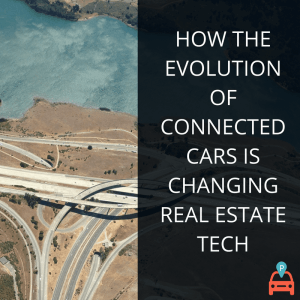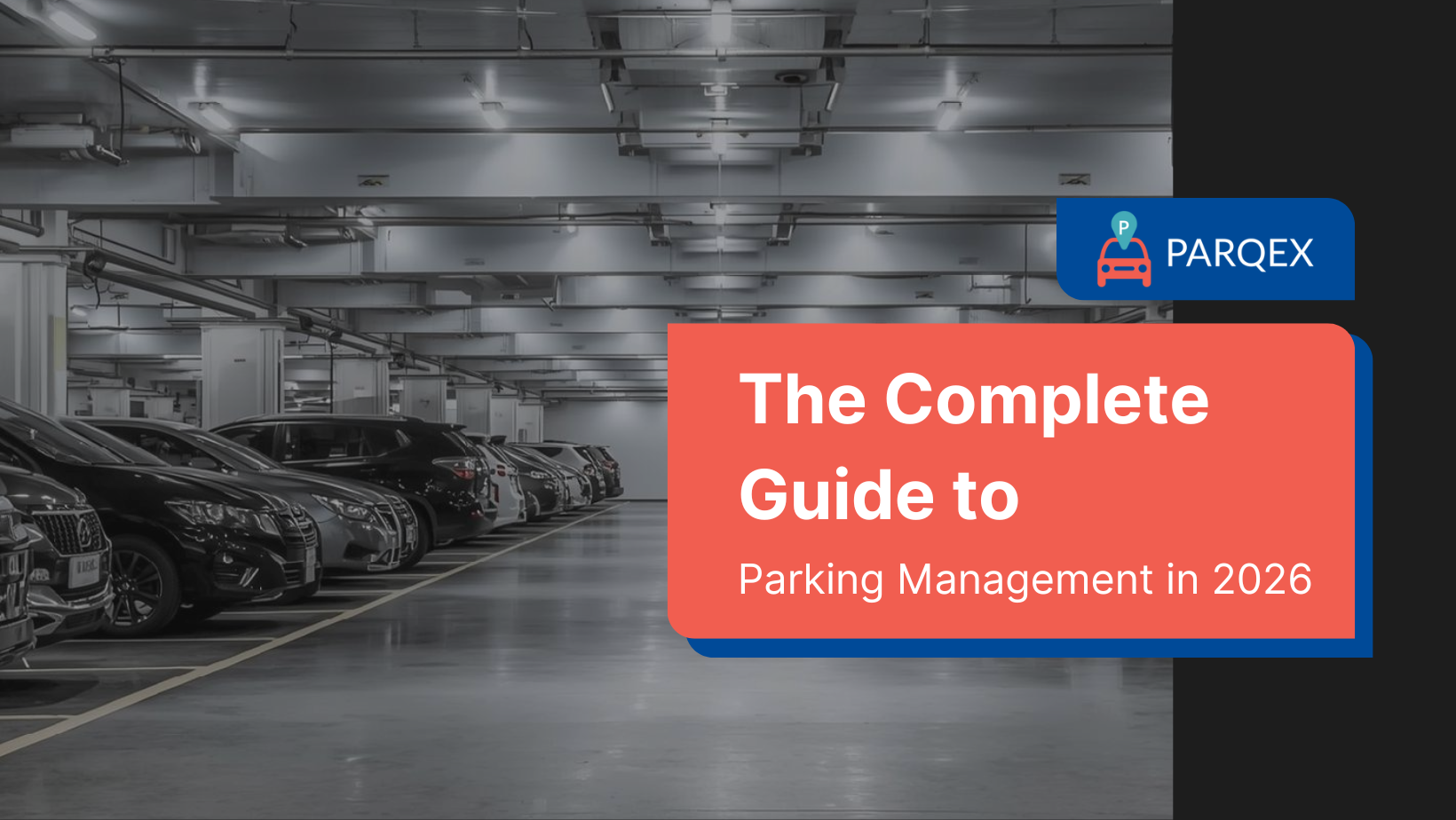Wouldn’t city life be better with smooth flowing traffic and non-crowded mass transit options? Are these ideal scenarios even possible in modern America, especially, considering urbanization is adding residents to most of our metropolises every year?
Traffic congestion and parking availability are real problems for most large developed cities, yet bright tech companies are developing innovative services to integrate connected cars with the connected real estate – in an effort to: change the real estate tech landscape through the evolution of connected cars.
Evolving Connected Cars
What does this “connected” really mean? Basically, it means online connection and integration with the surrounding real estate tech: parking garages, driver-less cars, online cars, residential and commercial parking spaces, mass transit, delivery services, government oversight, etc.
According to Wikipedia:
“A connected car is a car that is equipped with Internet access, and usually also with a wireless local area network. This allows the car to share the internet access with other devices both inside as well as outside the vehicle.”
Along comes the rapidly advancing cloud and mobile computing technologies, transforming the connected car’s capabilities with mobile apps and remote access; the cloud and mobile devices are giving connected car owners enhanced: convenience, security, functionality, and comfort in their day-to-day use – not to mention the option to not even drive or own a car (driver-less cars).
For instance, here are some features of cloud based connected cars, explained by Wikipedia:
“Increasingly, Connected Cars (and especially electric cars) are taking advantage of the rise of smartphones, and apps are available to interact with the car from any distance. Users can unlock their cars, check the status of batteries on electric cars, find the location of the car, or remotely activate the climate control system.”
Also, mobile apps are being used by connected car real estate tech to:
– find parking spaces
– get rides
– rent private vehicles
– deliver commercial or residential packages
– integrate parking garages online
– integrate driverless cars online
– connect all other real estate tech services to the connected car’s functionality.
Connected cars are evolving in tandem with the real estate tech around them; for instance, diverless cars (the ultimate connected car) present tangible solutions, yet still won’t be adopted by the masses until a streamlined system is set-up to facilitate start to end transportation – including parking.
Parking and Connected Cars
Driverless cars are the future for connected cars, and the technological and physical infrastructure to facilitate its mass adoption are being developed now. This is the topic discussed in a recent article found in online publication ChicagoInno, called: “How Are Parking Startups Preparing for a World With Driverless Cars?”, written on June 8, 2016 by Jim Dallke.
Lauren Isaac, Manager of Sustainable Transportation, has some interesting driverless car predictions, as the article explains:
“Predictions vary on when driverless cars will become a reality. Isaac believes we’ll see autonomous vehicles publicly available around 2018-2020, and 30%- 40% adoption rate by 2030. And we may not see 100% adoption until 2080 or 2090, if we get there at all.”
These driverless cars still need various parking locations to facilitate quick service to an entire area. The ParqEx App, for instance, would provide a parking platform for owners of driverless cars to use for optimal logistics. Finding parking solutions with technologies, like ParqEx, and integrating parking facilities online with the surrounding real estate tech, are both vital components in the evolution of connected cars, especially driverless cars.
Summary
The sharing economy is being developed using: mobile app and cloud computing technologies. The availability of Internet access has dramatically increased since mobile and cloud computing technologies have become readily accessible for nearly everyone in America. This is changing the way businesses operate and society interacts.
The evolution of connected cars is integral to the sharing economy, including logistical solutions like: delivery, transportation, and parking – all involving connected cars. Driverless cars will be a viable option for the masses only when parking arrangements are facilitated with automated online solutions. Ultimately, the evolution of connected cars is: driverless cars integrated into the real estate tech surrounding their day-to-day functionality.
Please contact us to learn more about connected cars and our parking solutions for them.








